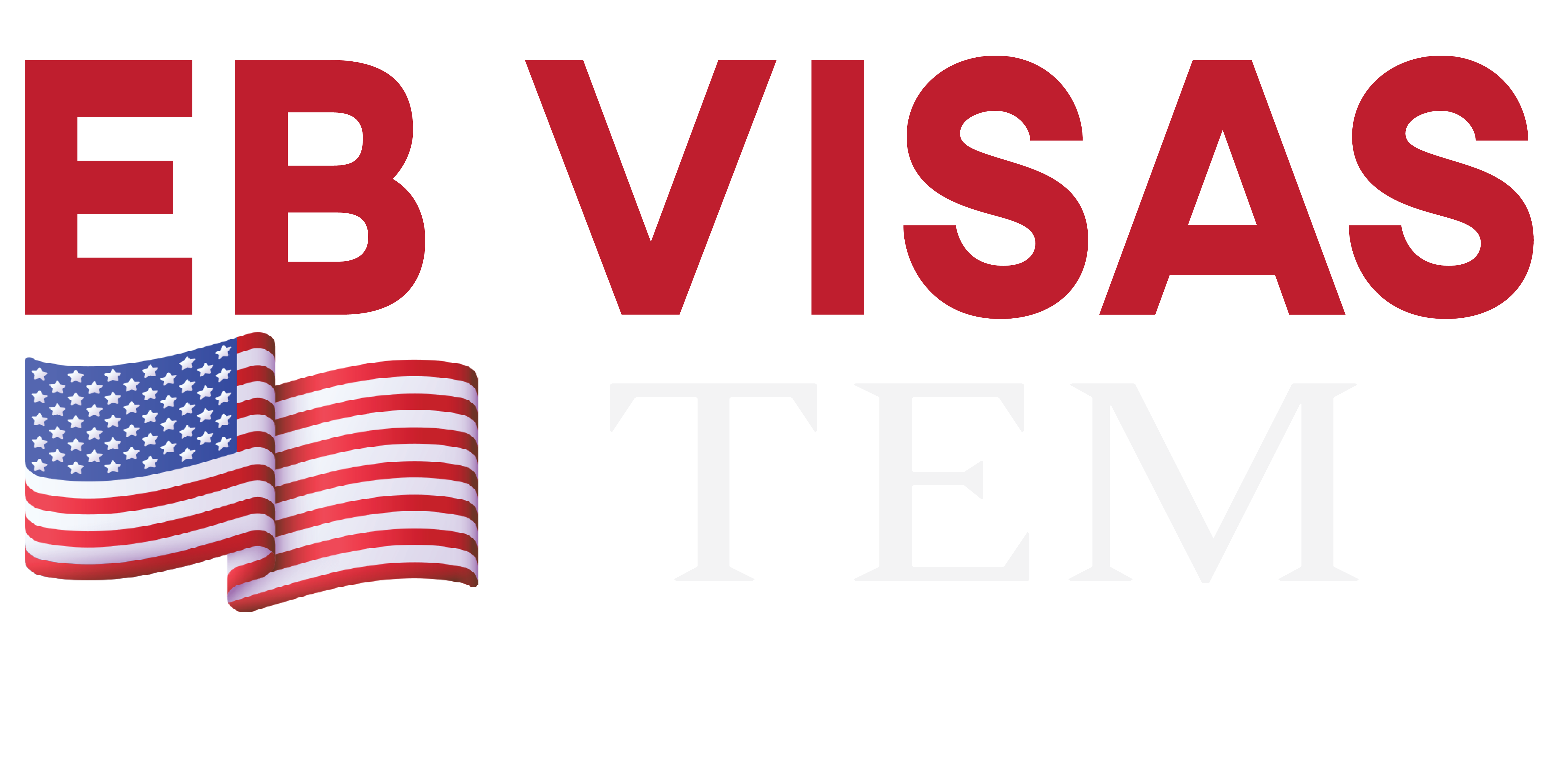U.S. Immigration Solutions for Exceptional STEM Professionals

Empowering Immigrant Victims of Abuse with the VAWA Visa
The Violence Against Women Act (VAWA) provides a critical lifeline for immigrant victims of abuse, enabling them to seek safety, independence, and a pathway to lawful permanent residency in the United States. This powerful legislation empowers abused spouses, children, and parents of U.S. citizens or lawful permanent residents (LPRs) to apply for a Green Card without the abuser’s knowledge or consent. This guide offers a detailed overview of the VAWA visa process, ensuring you have the information needed to regain control of your life.
What is the VAWA Visa?
The VAWA visa is not a visa in the traditional sense but a self-petition process that allows victims of abuse to apply for a Green Card. It is specifically designed to protect individuals in abusive relationships with U.S. citizens or LPRs.
Who is Eligible for VAWA?
The VAWA self-petition is available to:
- Spouses: Abused spouses (male or female) of U.S. citizens or LPRs.
- Children: Abused children (under 21 and unmarried) of U.S. citizens or LPRs.
- Parents: Abused parents of U.S. citizens (the U.S. citizen must be over 21).
Eligibility Criteria
To qualify for VAWA, applicants must demonstrate:
- A Qualifying Relationship: Spouse, child, or parent of a U.S. citizen or LPR.
- Evidence of Abuse: Physical, emotional, or psychological abuse must be documented.
- Good Moral Character: Applicants must show they have no serious criminal history.
- Shared Residence: Evidence of having lived with the abuser at some point.
Benefits of VAWA
- Independence: Apply for a Green Card without the abuser’s knowledge or involvement.
- Work Authorization: Eligible individuals can apply for employment authorization.
- Path to Citizenship: Gain lawful permanent residency and eventually apply for U.S. citizenship.
Step-by-Step Guide to the VAWA Process
- File Form I-360 (Petition for Amerasian, Widow(er), or Special Immigrant): Submit Form I-360 to U.S. Citizenship and Immigration Services (USCIS) to self-petition under VAWA. Required evidence includes:
- Proof of the abuser’s U.S. citizenship or LPR status (e.g., birth certificate, Green Card copy).
- Evidence of the qualifying relationship (e.g., marriage certificate, birth certificate).
- Documentation of abuse (e.g., police reports, medical records, affidavits).
- Proof of shared residence with the abuser.
- Evidence of good moral character (e.g., police clearance certificates).
- Wait for Form I-360 Approval: Once USCIS approves the I-360 petition, the applicant may proceed with the next steps for obtaining a Green Card.
- File Form I-485 (Application to Adjust Status): If the applicant is eligible, they can file Form I-485 to adjust their status to lawful permanent resident. This step is applicable for those already in the U.S.
- Apply for Employment Authorization (Optional): While waiting for Green Card approval, applicants can apply for a work permit by filing Form I-765.
- Attend the Green Card Interview: USCIS may require an interview to confirm eligibility and review the submitted documentation.
- Receive the Green Card: Upon approval, the applicant becomes a lawful permanent resident of the United States.
Common Challenges with the VAWA Process
- Gathering Evidence of Abuse: Documenting abuse can be emotionally taxing and challenging, particularly if no police or medical records exist. Alternative evidence, such as affidavits from friends or counselors, can be critical.
- Navigating the Legal Process Alone: Self-petitioning under VAWA requires meticulous attention to detail, making legal guidance essential for a strong case.
- Overcoming Fear of Retaliation: Applicants often fear repercussions from their abuser if their petition is discovered. VAWA ensures confidentiality to protect victims throughout the process.
How Larhdel Law Supports VAWA Applicants
- Evidence Compilation: Assisting you in gathering strong documentation of abuse.
- Petition Preparation: Ensuring your Form I-360 and supporting evidence are accurate and complete.
- Emotional Support: Guiding you through the process with sensitivity and understanding.
- Legal Advocacy: Addressing any challenges or concerns that arise during the application process.
Contact us at 310 943 6352 for personalized guidance on your VAWA application.
Real-Life Success Stories
- Case 1: Helping a Victim of Emotional Abuse Gain Independence: A client faced years of psychological abuse from their U.S. citizen spouse. With no police reports, we helped gather affidavits from friends and therapists to build a compelling case, leading to Green Card approval.
- Case 2: Securing Safety for an Abused Parent: An elderly parent experienced abuse from their U.S. citizen child. We provided comprehensive support, ensuring the client could self-petition under VAWA and receive permanent residency.
- Case 3: Assisting a Young Victim of Domestic Violence: A child under 21 suffered physical abuse from their LPR parent. We guided them through the VAWA process, securing approval and a path to safety.
Common Mistakes to Avoid with VAWA Applications
- Insufficient Documentation of Abuse: Providing clear and detailed evidence is critical to demonstrating eligibility.
- Failing to Demonstrate Good Moral Character: Applicants should include police clearance certificates or other evidence to confirm their good moral character.
- Overlooking Confidentiality Protections: VAWA petitions are kept confidential to protect applicants. Be sure to inform USCIS of any safety concerns.
Why Choose Larhdel Law for Your VAWA Application?
- Tailored Solutions: Every case is unique, and our approach reflects your specific needs.
- Confidentiality: Your safety and privacy are our top priorities.
- Proven Expertise: A track record of successfully helping victims secure permanent residency.
Call to Action
If you or a loved one are experiencing abuse, the VAWA process can provide the relief and independence you need. Don’t navigate this challenging time alone. Contact an experienced immigration attorney today at 310 943 6352 for compassionate and confidential support. Let Larhdel Law help you reclaim your future and achieve the stability you deserve.
Fill out the form below.